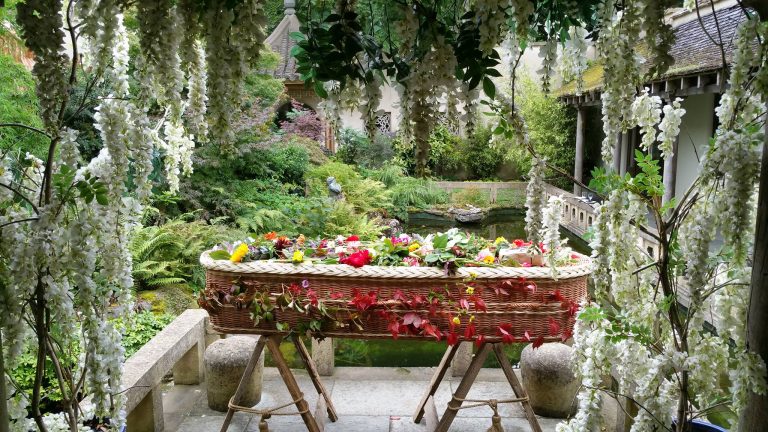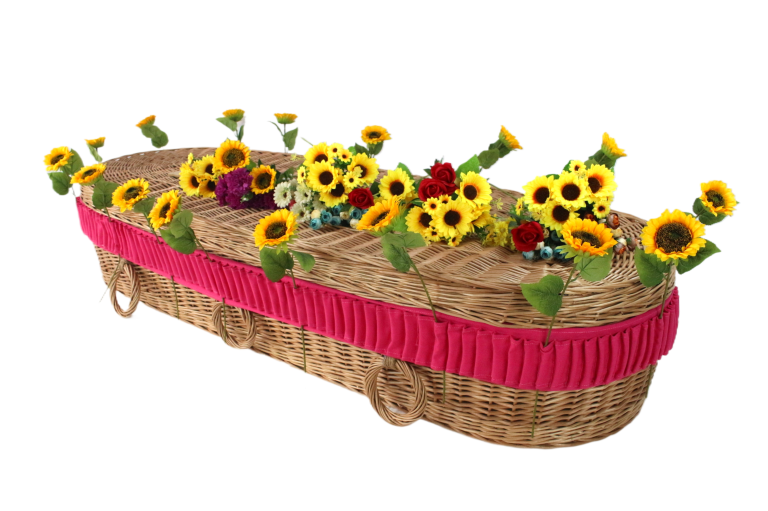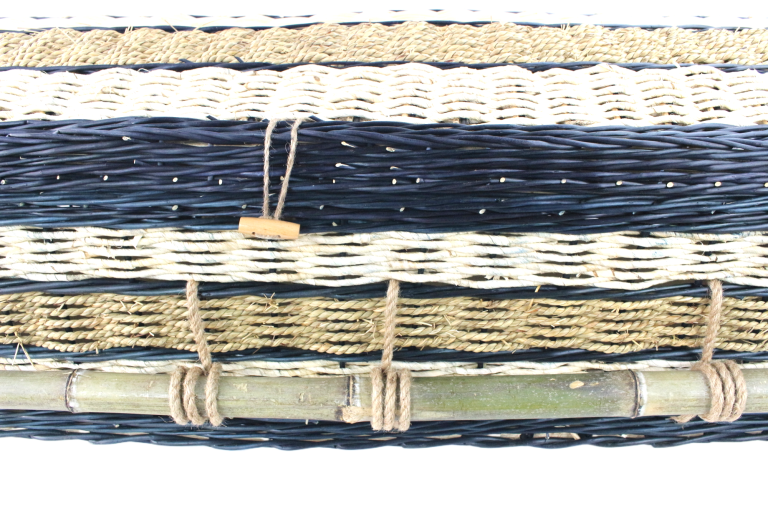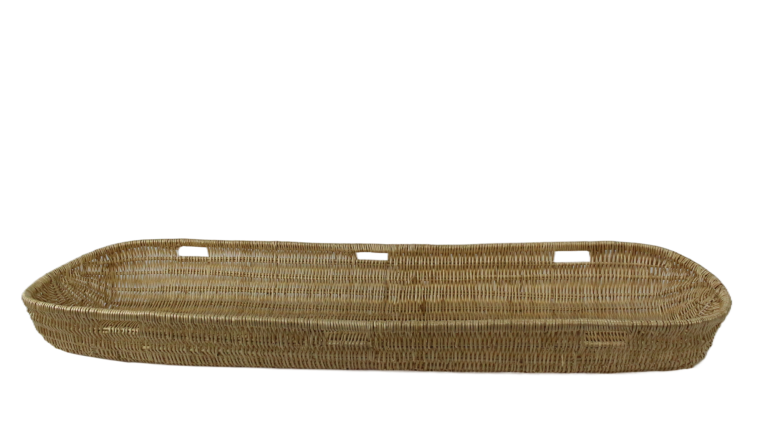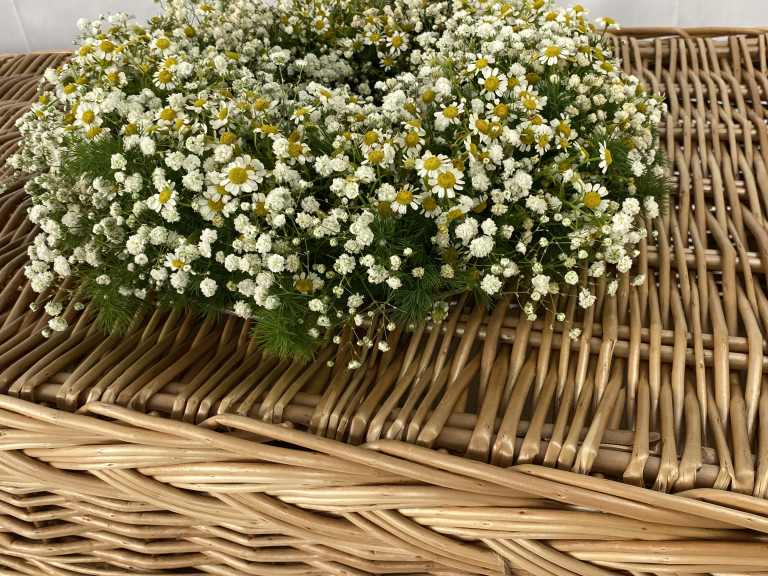In Europe, funerals are more than just farewells to the deceased; they also reflect shifting social attitudes. The clash of traditional and green burial philosophies is driving a rethinking of the “end of life.”
Traditional funerals retain deep emotional roots. In Italy, where Catholic culture has a profound influence, traditional funerals emphasize solemn rituals: oak coffins, marble headstones, and church mass are essential. Many elderly people believe that simplifying the process or switching to eco-friendly burial materials is disrespectful to the deceased, a sentiment particularly evident in rural southern Europe. In Bavaria, Germany, the centuries-old tradition of “family plots”—where family members are buried in the same area for generations, and tombstones inscribed with their surnames and birth and death dates—become symbols of family history. Many people object to the idea of burying their loved ones in unmarked forest cemeteries.
The environmental appeal of green burials is rapidly gaining traction in Northern Europe. Seventy percent of young Swedes would prefer tree burial or sea burial of ashes, believing that “returning to nature” is the most authentic respect for life. In the Netherlands, promoters of “mycelium coffins” often encounter controversy: older generations find “mushroom coffins too crude,” while younger generations embrace them as a romantic symbiosis with nature. This generational divide stems from differing understandings of “eternity” and “cyclicality”—traditional burials pursue the permanent commemoration of a tombstone, while green burials embrace the continuity of “nurturing new life.”
Compromises serve as a bridge for merging these concepts. Some funeral homes in the UK have introduced a “two-tiered ceremony”: a forest burial in an eco-friendly coffin, followed by a small memorial stone in the family cemetery. This approach addresses environmental concerns while preserving traditional commemorative media. The Alsace region of France combines the ancient custom of “cemetery tree planting” with modern eco-burial practices, planting native trees in traditional cemeteries and reducing tombstones to biodegradable wooden plaques, allowing for the coexistence of solemnity and vitality.
This clash of ideas is not an either-or opposition. As a Danish funeral researcher said: “The core of tradition is ‘nostalgia’, and the core of green is ‘responsibility’. The two can find a balance in the respect for life.” European practice has proved that changes in funeral concepts take time, and it is more necessary to gradually integrate environmental protection concepts into the farewell ceremony of life on the basis of respecting traditional emotions.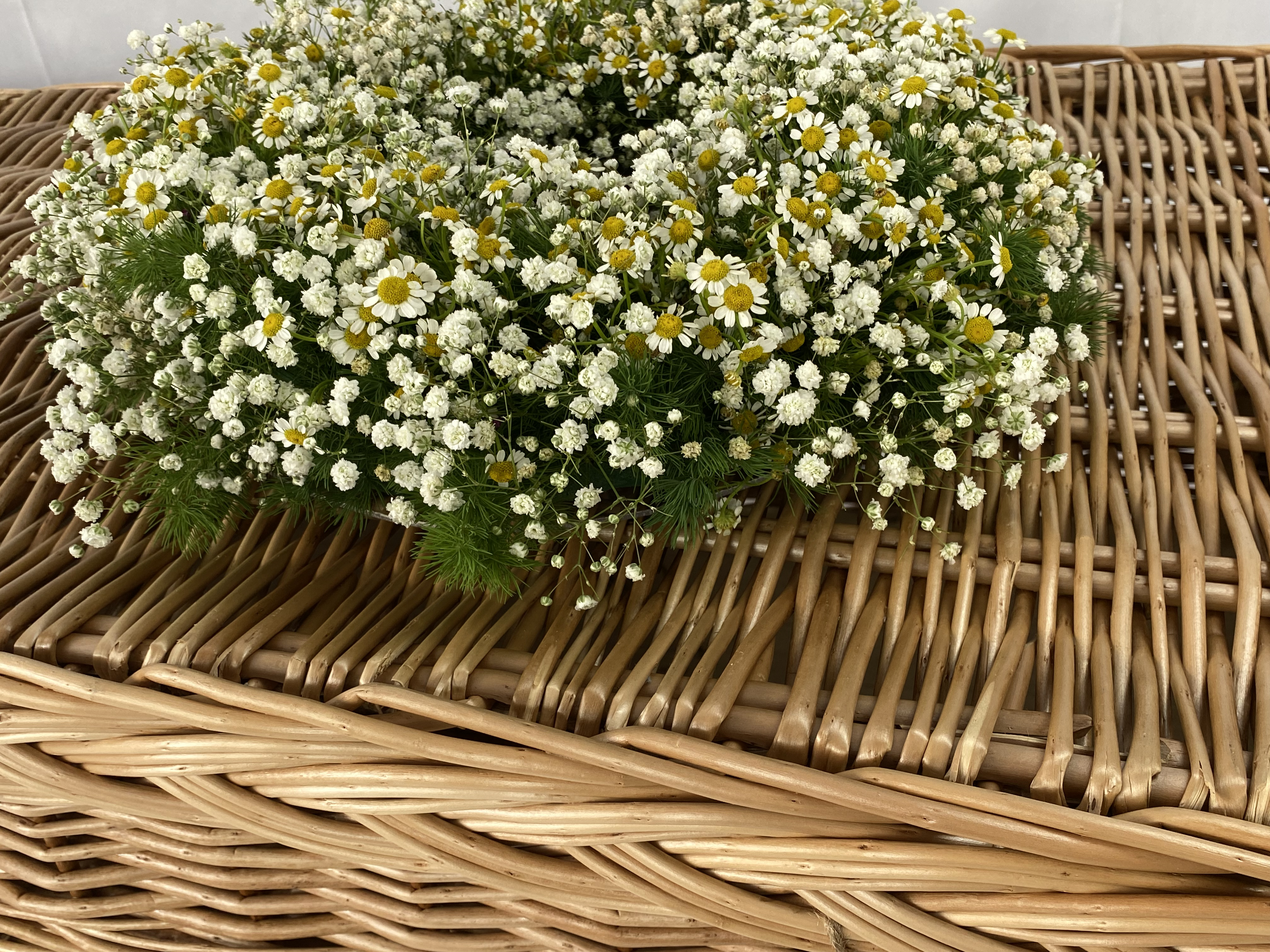
Roconly(LinYi) Funeral Supplies Co.,Ltd.
https://roconly.com/
Whatsapp: +86-18265103836 (Whatsapp & Wechat & Tel)
Email: jason@roconly.com
roconlycoffins#everecoffin#willowcoffins#bamboocoffins#burialflowerbands #naturalfuneral#flowerbands#woodcross#shrouds#cremation#greenfuneral #craftsmanship #chinafactory #petcoffin #petfuneral #peturn
We are a factory supporting eco friendly green funeral(natural willow coffins\bamboo caskets and so on) .. for detail please contact us www.roconly.com;
